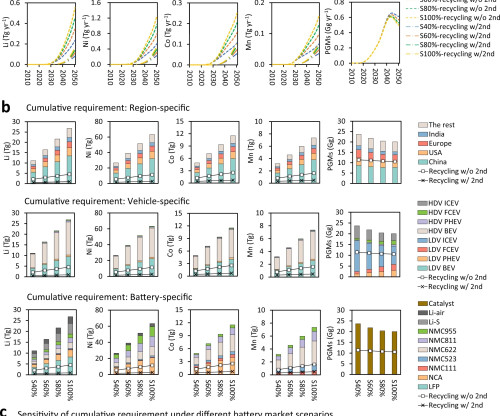Cornell spin-off lithium-sulfur battery company NOHMs to locate in Lexington, KY
Green Car Congress
SEPTEMBER 7, 2013
Kentucky Governor Steve Beshear announced that start-up lithium-sulfur battery company NOHMs (Nano Organic Hybrid Materials) Technologies Inc. has selected to locate its research, manufacturing and product development facility for military, cell phone and electric vehicle lithium-ion batteries in Lexington. Source: NOHMs.














Let's personalize your content